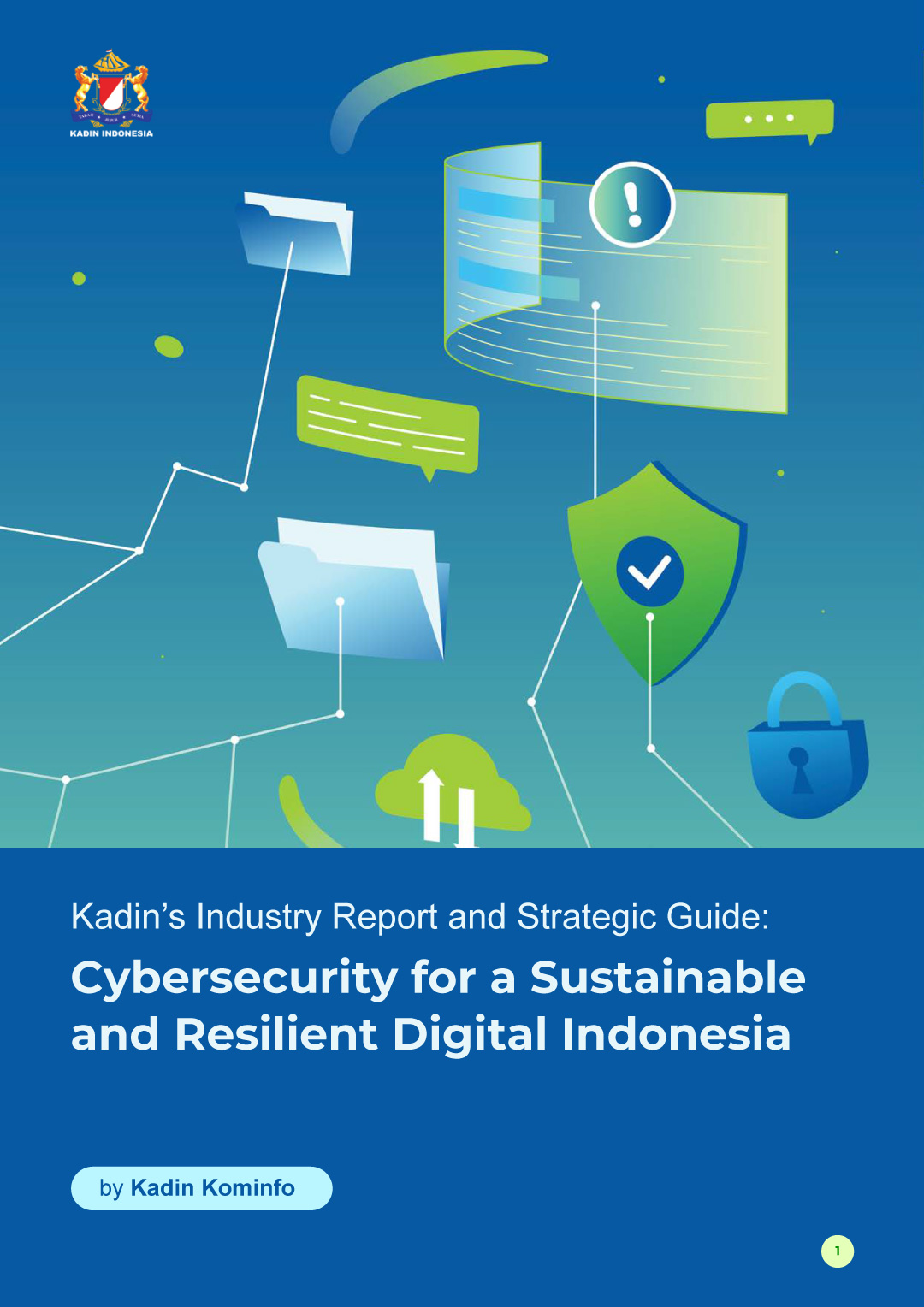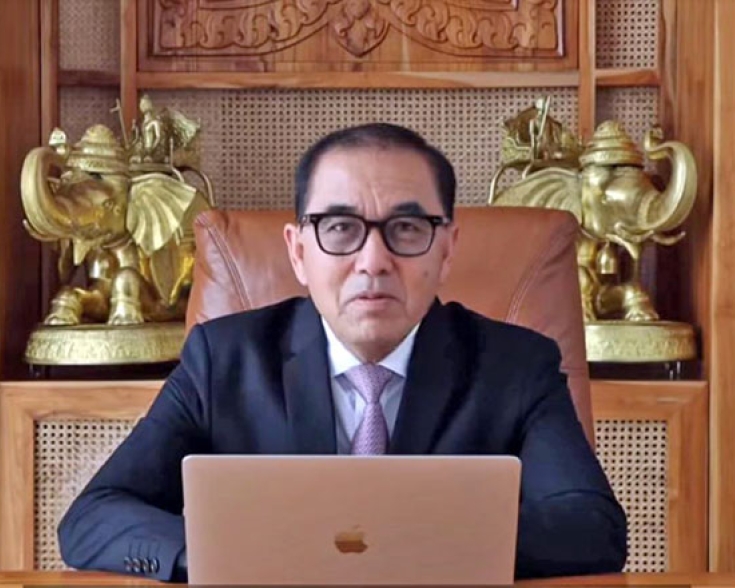Cambodia's Crackdown on Cybercrime and Media Freedoms: The Mech Dara Case and Ongoing Efforts to Combat Digital Scams

Cambodia’s ongoing efforts to combat digital scams and organized cybercrime have come under scrutiny with the recent release of prominent investigative journalist Mech Dara, who was charged with incitement after reporting on corruption and online scams. Dara, whose arrest in late September triggered widespread condemnation from local and international media advocacy groups, was granted bail on Thursday following health concerns and a petition from his lawyer. Speaking briefly outside Kandal Provincial Prison, Dara thanked supporters but remained uncertain about returning to investigative journalism. His arrest and subsequent release underscore Cambodia’s complex relationship with media freedoms, especially when reporting on sensitive topics like cybercrime and corruption.
The backdrop to Dara’s case is Cambodia’s intensified crackdown on illegal scam centers operating within its borders, often exploiting foreign nationals to carry out sophisticated online scams targeting international victims. Just days before Dara’s release, nearly 200 Chinese and Pakistani nationals were apprehended in Phnom Penh during a raid on a major online gambling and scam operation. This action is part of an expanded campaign led by the Ministry of Interior, aimed at curtailing Cambodia’s use as a base for online criminal networks. Minister of Interior Sar Sokha has reiterated Cambodia’s zero-tolerance stance, calling for greater international support in tackling the global issue of digital scams, which transcend national borders.
In addition to the operational crackdowns, Cambodia has been responding to calls for more transparency and accountability, particularly from countries impacted by scams emanating from Southeast Asia. For instance, India has reported a significant rise in digital fraud cases connected to scam centers in Cambodia and nearby nations, where trafficked individuals are forced into cybercriminal roles. According to India’s Home Ministry, these scams siphon millions of dollars daily and frequently involve foreign nationals who are coerced into illegal activities. In response, Cambodian authorities have pledged to bolster domestic oversight, calling on provincial governors and local officials to monitor and report suspicious activities to prevent the establishment of scam operations within their areas.
Cambodia’s commitment to dismantling these networks has led to increased scrutiny on the regulatory challenges and external influences driving cybercrime in the region. Sokha emphasized that these crimes are part of a global epidemic, and that effective prevention requires cooperative efforts and resource sharing. With international collaboration, Cambodia aims to strengthen its own capacity to detect and disrupt such networks while helping prevent similar crimes abroad. The complex situation highlights both the challenges of policing digital crime on a national level and the need for broader, cross-border cooperation to effectively dismantle these sophisticated cybercrime operations.








